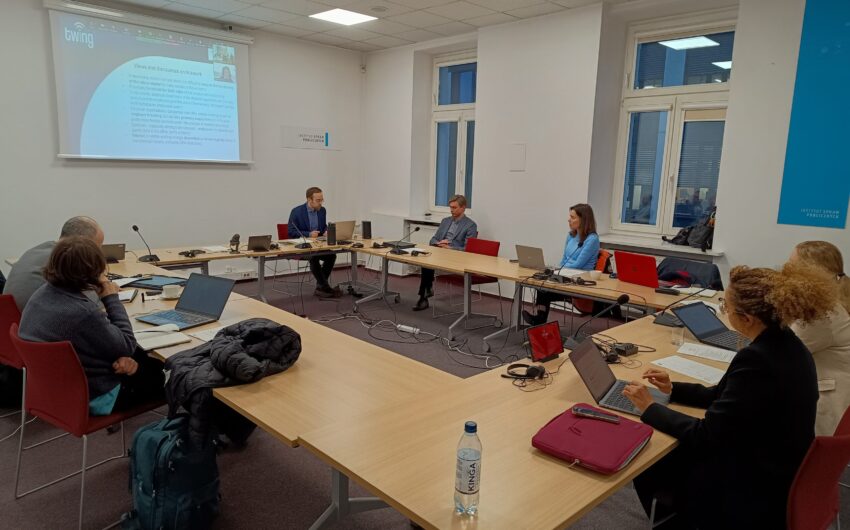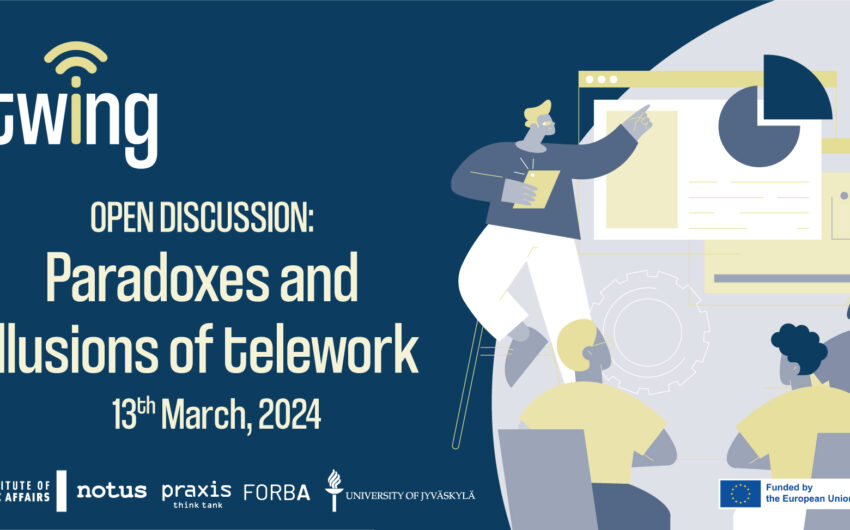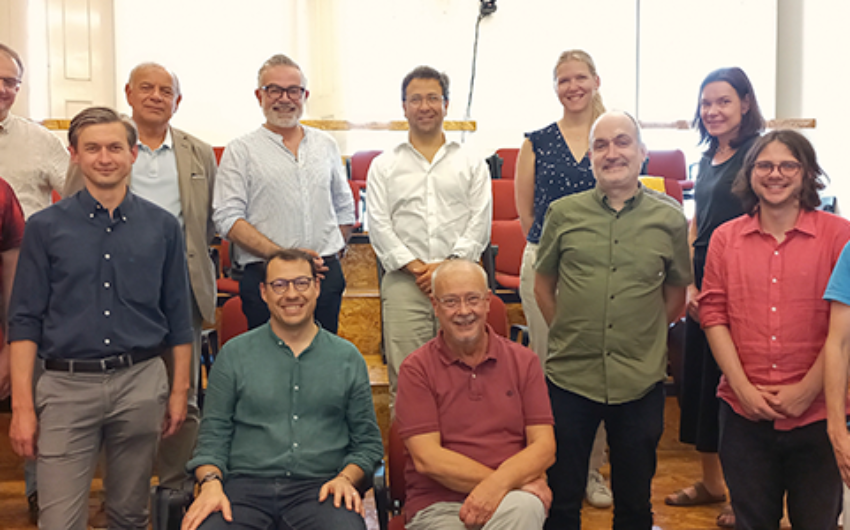· Countries that greatly differ on the incidence of telework.
· Countries which represent different models of industrial relations according to most recent typologies, each with a clear geographic concentration: “organised corporatism” characteristic of Nordic countries (Finland), “Social partnership” in central-western Europe (Austria), a “State-cantered” cluster in Southern Europe (Spain and Portugal), and a “market-oriented governance” model in central-eastern Europe (Estonia and Poland). Although such a schematic taxonomy carries problems of simplification and may have been subjected to recent changes, it somewhat helps guaranteeing a spread of countries in terms of industrial relations tradition.
· Selected countries also greatly differ on how they have regulated telework, particularly in terms of collective bargaining and social dialogue. legislation is the prevalent form of regulation in Spain, Estonia, Portugal and Poland. In Austria, n, legal regulations for telework came into effect on 1 April 2021. This legislation is very broad. Accordingly, key aspects of the telework regulation are still left to social partner. In the case of Finland, there is no specific legislation addressing telework, this is accomplished in different laws regarding health and safety or working conditions, and therefore collective bargaining plays a major role.
Twing objectivesFinland stands out as the EU country with a highest share of employees working from home on a regular basis (38.2%)
Austria is above the EU average (25.3%)
Portugal is above the EU average (25.1%)
Estonia is close to the average (23.7%)
Spain is below the average (12.3%)
Poland is below the average (11.3%)











